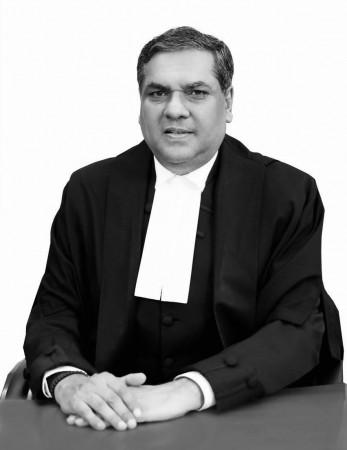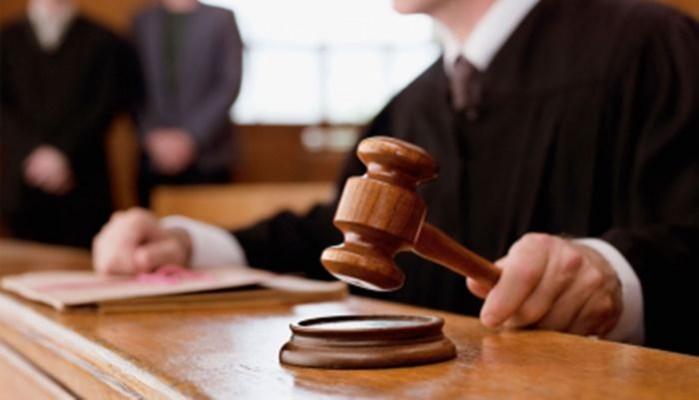
Justice Sanjiv Khanna has been appointed as the next Chief Justice of India (CJI). His tenure is set to commence from November 11, 2024. The announcement was made by the Union Ministry of Law and Justice, marking a pivotal moment in the history of the Indian judiciary. Justice Khanna will be the 51st CJI and will serve for approximately six months until his retirement on May 13, 2025.
Justice Khanna's appointment comes as a result of the recommendation made by the incumbent CJI D.Y. Chandrachud, who is due to retire on November 10, 2024. This recommendation is a testament to Justice Khanna's distinguished career and the confidence of the sitting Chief Justice in his abilities to lead the judiciary.
Born in May 1960, Justice Khanna has a rich legal background. He obtained his law degree from the Campus Law Centre, Delhi University, and enrolled as an advocate in the Bar Council of Delhi in 1983. His initial practice was in the district courts at the Tis Hazari complex before moving on to the Delhi High Court.

His areas of practice included taxation, arbitration, commercial law, environmental law, medical negligence law, and company law. He had a long tenure as the Senior Standing Counsel for the Income Tax Department and was appointed as the Standing Counsel (Civil) for the Delhi government in 2004.
Before his elevation to the Supreme Court, Justice Khanna served as a judge in the Delhi High Court till January 2019. As a judge of the Delhi High Court, he held the position of Chairman/Judge-in-charge, Delhi Judicial Academy, Delhi International Arbitration Centre, and the District Court Mediation Centres. He has also appeared and argued in a number of criminal cases at the Delhi High Court as an Additional Public Prosecutor and as an amicus curie (friend of the court).
Justice Khanna's tenure in the Supreme Court has been marked by a range of significant roles. He held the post of Chairman, Supreme Court Legal Service Committee, and is presently the Executive Chairman of the National Legal Services Authority and a member of the Governing Counsel of the National Judicial Academy, Bhopal.
Justice Khanna's judgments reflect his engagement with complex legal issues and his commitment to upholding the principles of the Indian Constitution. He was part of the bench that upheld the constitutional validity of the Payment of Gratuity (Amendment) Act, 2009, which extended the benefit of gratuity to teachers. In a case related to the Works Contract Composition Scheme, he ruled that the rate of tax would be 2% for projects where the option was exercised before a change in the tax rate, emphasizing the importance of statutory compliance. He has also been involved in cases dealing with the intersection of law and technology, such as those related to arbitration agreements under the Arbitration & Conciliation Act and the Indian Stamp Act, where he contributed to clarifying the enforceability of arbitration clauses in unstamped agreements.










